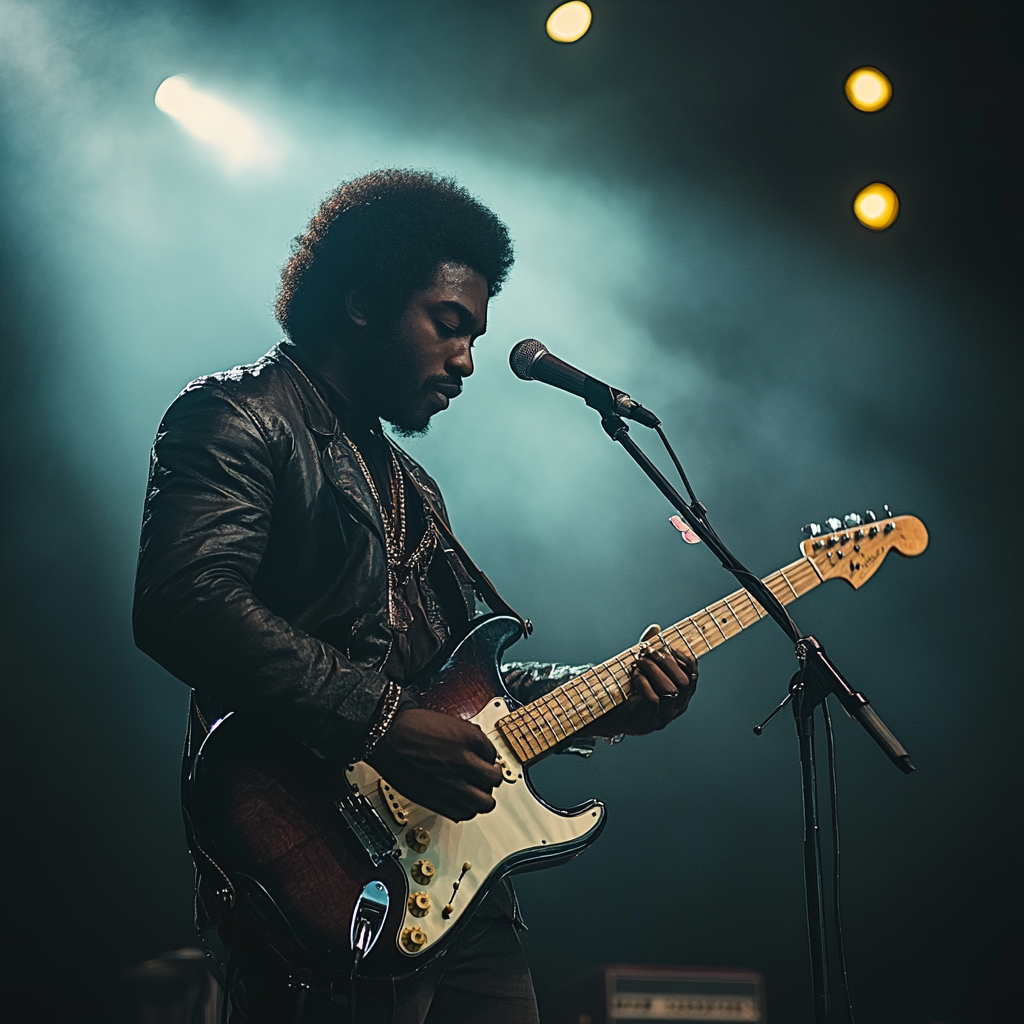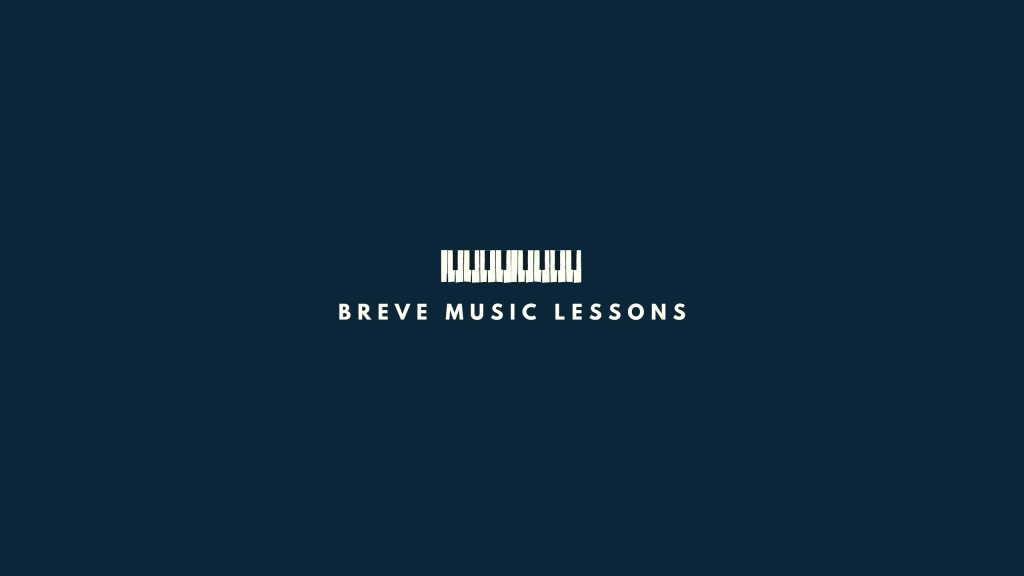Table of Contents
What Is Music Ghostwriting? The Role of Ghostwriters in the Industry
Ghostwriting in music is a fascinating and often misunderstood aspect of the music industry. While many listeners may be unaware of the behind-the-scenes work that goes into creating their favorite songs, ghostwriters play a crucial role in shaping the sound and lyrics of popular music. This article discusses the world of ghostwriting in music.

What is Music Ghostwriting?
Definition and Purpose of a Ghostwriter
A ghostwriter in music is a person who writes songs or lyrics for another artist, typically without receiving public credit for their work. The primary purpose of a ghostwriter is to help artists, particularly rappers, create compelling lyrics that resonate with their audience. Ghostwriting in music allows artists to focus on their performance and persona while relying on skilled writers to craft the words that will define their sound. This arrangement is often formalized through contracts, where the ghostwriter is compensated for their work, usually through a flat fee or a share of royalties.
How Ghostwriters Collaborate with Rappers
Collaboration between ghostwriters and rappers is a nuanced process that often involves extensive communication and creative exchange. Rappers may hire ghostwriters to help them write a song that aligns with their artistic vision or to enhance their lyrical prowess. The ghostwriter must understand the rapper’s style, themes, and audience to produce lyrics that feel authentic and true to the artist’s brand. This collaboration can take various forms, from brainstorming sessions to detailed outlines, ensuring that the final product reflects the rapper’s voice while incorporating the ghostwriter’s creative input.
Famous Examples of Ghostwriting in Music
Ghostwriting has long been a behind-the-scenes aspect of the music industry, particularly in genres like hip-hop, pop, and even R&B. Several high-profile artists have worked with ghostwriters or have been involved in notable cases where ghostwriting shaped their music. Here are few famous examples of music ghostwriting:
1. Drake
Drake’s use of ghostwriters became a highly publicized topic during his feud with rapper Meek Mill in 2015. Meek Mill accused Drake of not writing his own verses, particularly on songs like “R.I.C.O.” It was revealed that songwriter Quentin Miller had contributed to some of Drake’s lyrics, which ignited a heated debate in the hip-hop community about the authenticity of ghostwriting. While some fans see this as a regular part of music collaboration, others argue it undermines the artist’s credibility.
2. Kanye West
Kanye West is another artist who has worked closely with ghostwriters. His 2004 album The College Dropout included contributions from Rhymefest and Consequence. In fact, Rhymefest co-wrote the hit “Jesus Walks,” which became one of Kanye’s signature songs. Kanye has always been transparent about the collaborative nature of his music, and in his case, ghostwriting is part of his broader creative process.
3. Beyoncé
Beyoncé has also been at the center of ghostwriting discussions, particularly regarding her hit “Irreplaceable.” The song was written by Ne-Yo, who later revealed that while Beyoncé contributed to the track’s interpretation, the songwriting credit primarily belonged to him. Beyoncé’s collaborative approach to her music has not diminished her artistic reputation, but it highlights how artists often rely on songwriters to craft their biggest hits.
4. Snoop Dogg
In his early years, Snoop Dogg relied on ghostwriters, particularly during his time working with Dr. Dre. Notably, Jay-Z wrote all of the lyrics to the hit song “Still D.R.E.,” which became a defining track for both Snoop and Dre. This example shows how even seasoned artists have benefited from ghostwriters, using their skills to enhance a song’s lyrical quality.
5. Elton John
Though known as one of the most iconic singer-songwriters of all time, Elton John’s long-time collaborator, Bernie Taupin, has written the lyrics for most of his greatest hits, including “Your Song,” “Tiny Dancer,” and “Rocket Man.” While Elton John composes the music, Taupin’s lyrics have been crucial to the success of these tracks, illustrating how ghostwriting in different forms contributes to even the most iconic artists’ legacies.
How to Become a Ghostwriter for Rappers?
Essential Writing Skills for Aspiring Ghostwriters
To become a successful ghostwriter, aspiring individuals must develop a strong set of writing skills. This includes mastering the art of rhyme, understanding song structure, and being able to convey emotions through lyrics. A music ghostwriter should also be familiar with various genres, particularly hip-hop, to adapt their writing style to fit different artists. Additionally, honing the ability to write a song that resonates with listeners while maintaining the rapper’s unique voice is crucial for establishing a career as a ghostwriter.
Building a Portfolio as a Ghost Writer
Creating a portfolio is an essential step for anyone looking to break into ghostwriting. This portfolio should showcase a range of writing samples, including original lyrics and collaborations, to demonstrate versatility and creativity. Aspiring ghostwriters can start by writing songs for local artists or participating in songwriting contests to gain exposure. As they build their portfolio, they can also seek feedback from industry professionals to refine their craft and increase their chances of being hired for ghostwriting work.
Networking in the Music Industry
Networking is a vital component of establishing a successful career as a ghostwriter. Building relationships with rappers, producers, and other industry professionals can open doors to ghostwriting opportunities. Attending music events, joining songwriting groups, and utilizing social media platforms can help aspiring ghostwriters connect with potential collaborators. By actively engaging in the music business, they can position themselves as credible candidates for hire, increasing their chances of being paid to ghostwrite music for wealthy patrons.
What Are the Benefits of Ghostwriting in Music?
Financial Rewards and Royalties
One of the most significant benefits of ghostwriting in music is the potential for financial rewards. Ghostwriters can earn substantial income through flat fees or royalties from the songs they help create. In some cases, successful ghostwritten tracks can lead to ongoing royalty payments, providing a steady income stream for the ghostwriter. This financial aspect makes ghostwriting an attractive career option for those with the necessary writing skills and creativity.
Creative Freedom and Collaboration
Ghostwriting also offers creative freedom, allowing writers to explore different styles and genres without the pressure of public scrutiny. Collaborating with various artists can lead to unique creative experiences, as ghostwriters can contribute to diverse projects and expand their artistic horizons. This collaborative environment fosters innovation and can result in groundbreaking music that pushes the boundaries of traditional songwriting.
Impact on Your Music Career
For many ghostwriters, working behind the scenes can significantly impact their music career. Successful collaborations can lead to increased visibility and recognition within the industry, potentially opening doors for future projects. Additionally, ghostwriters who establish a reputation for quality work may find themselves in high demand, leading to a flourishing career in professional ghostwriting. The connections made through ghostwriting can also lead to opportunities as a songwriter or producer, further enhancing their career trajectory.
Challenges Faced by Ghostwriters in the Music Industry
Maintaining Anonymity and Recognition
One of the primary challenges faced by ghostwriters is maintaining anonymity while still seeking recognition for their work. Many ghostwriters prefer to remain in the background, allowing the artists they collaborate with to take the spotlight. However, this can lead to feelings of underappreciation, as their contributions often go unrecognized. Balancing the desire for acknowledgment with the need for confidentiality can be a complex issue for many in the profession.
Dealing with Creative Differences
Creative differences can also pose challenges in the ghostwriting process. Rappers may have specific visions for their songs, which may not always align with the ghostwriter’s ideas. Navigating these differences requires strong communication skills and a willingness to compromise. Successful ghostwriters must be adaptable, able to incorporate feedback while still delivering high-quality lyrics that meet the artist’s expectations.
Understanding Contracts and Rights
Finally, understanding contracts and rights is crucial for ghostwriters in the music industry. Many ghostwriting arrangements are structured as ‘work for hire’ agreements, meaning that the ghostwriter relinquishes ownership of the lyrics once they are paid. This can lead to confusion regarding royalties and rights, making it essential for ghostwriters to familiarize themselves with industry standards and legalities. Seeking legal advice when entering contracts can help protect their interests and ensure fair compensation for their work.
How Does Ghostwriting Affect Songwriting in Hip-Hop?
The Role of Ghostwriters in Rap Culture
Ghostwriters play a significant role in rap culture, often shaping the lyrical landscape of the genre. The use of ghostwriters allows for a diverse range of voices and perspectives within hip-hop, contributing to the richness of the music. While some purists argue that ghostwriting undermines authenticity, others recognize the collaborative nature of the genre, where multiple contributors can enhance the overall quality of a song. The presence of ghostwriters in rap culture reflects the evolving nature of songwriting and the importance of collaboration in creating impactful music.
Public Perception of Ghostwritten Songs
The public perception of ghostwritten songs can vary widely. Some fans embrace the idea of collaboration, appreciating the artistry that comes from multiple contributors. Others, however, may feel betrayed if they discover that their favorite rapper did not write their own lyrics. This dichotomy highlights the ongoing debate about authenticity in hip-hop and the role of ghostwriters in shaping the genre’s narrative. As the industry continues to evolve, so too will the conversation surrounding ghostwriting and its implications for artists and fans alike.
Case Studies: Drake and Other Notable Rappers
Case studies of artists like Drake and Meek Mill illustrate the complexities of ghostwriting in hip-hop. Drake’s collaborations with various songwriters have led to both acclaim and criticism, as fans grapple with the implications of his success. Similarly, Meek Mill’s public feud with Drake brought the issue of ghostwriting to the forefront, sparking discussions about authenticity and artistry in the genre. These case studies serve as a reminder of the intricate relationship between ghostwriters and rappers, highlighting the ongoing evolution of songwriting in hip-hop.
Additional Reading
More blog posts can be found here. Consider following Breve Music Lessons on Facebook.
